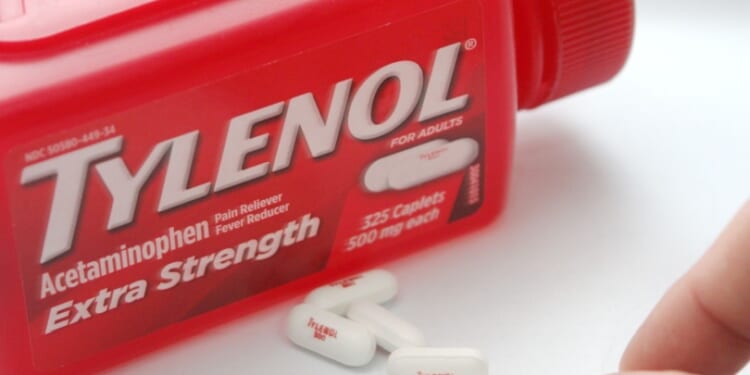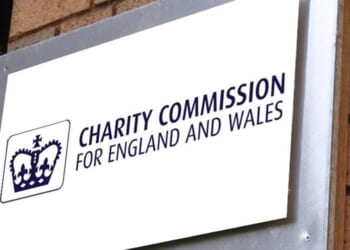OTTAWA (LifeSiteNews) – Canadian health officials, for now at least, will not follow the lead of the United States in recommending pregnant women avoid using acetaminophen, more commonly known as Tylenol, after a study indicated it is a contributing factor in the autism epidemic.
According to officials from Health Canada in a September 23 statement, acetaminophen is safe for use for pain and fever during a woman’s pregnancy when used as indicated on the box/bottle.
“Health Canada currently maintains that there is no conclusive evidence that using acetaminophen as directed during pregnancy causes autism or other neurodevelopmental disorders,” Health Canada noted.
Canadian health officials said that they do not have any conclusive evidence that the use of acetaminophen during pregnancy can cause autism in the unborn child.
Earlier this week, as reported by LifeSiteNews, U.S. President Donald Trump and Health and Human Services Secretary Robert F. Kennedy Jr. announced that they were recommending that pregnant women use caution with acetaminophen.
“Effective immediately, the FDA will be notifying physicians that the use of acetaminophen – commonly known as Tylenol – during pregnancy can be associated with a risk of an increase in autism,” Trump said. “For this reason, they are strongly recommending that women limit Tylenol use during pregnancy.”
Earlier this month, as noted by LifeSiteNews, a U.S. Department of Health and Human Services (HHS) report commissioned by Kennedy Jr. showed that Tylenol use during pregnancy is one factor contributing to what has become an autism epidemic in the United States.
Trump went as far as to say that “taking Tylenol is not good,” adding, “I’ll say it. It’s not good.”
Kennedy promised his department would “launch an unprecedented, all-agency effort to identify all causes of autism, including toxic and pharmaceutical exposures.”
As for Canadian health officials, they stated that their recommendation regarding the use of Tylenol in pregnant women will be updated if new evidence emerges indicating any additional risks.
According to research, autism rates have gone from less than one in 10,000 in 1970 to one case for every 31 Americans, according to the Centers for Disease Control and Prevention (CDC).
Kennedy believes “environmental toxins” have contributed to a full-blown epidemic of autism, including vaccines.
“We’re going to look at vaccines, but we’re going to look at everything. Everything is on the table, our food system, our water, our air, different ways of parenting, all the kinds of changes that may have triggered this epidemic,” Kennedy said.
During a Senate hearing in early September, Kennedy also pointed to a link between the measles, mumps, and rubella (MMR) vaccine and autism.















